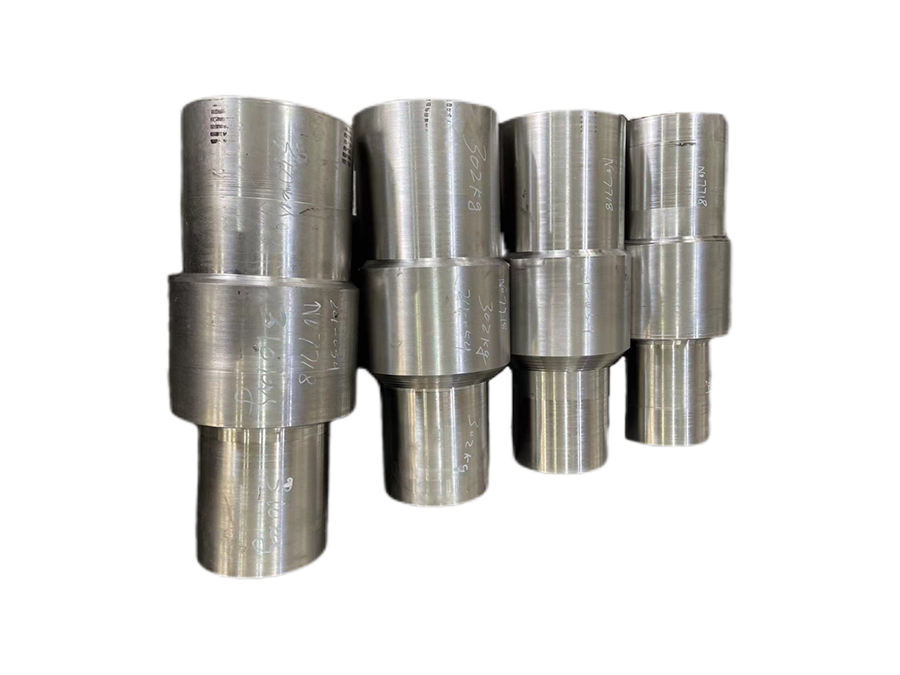Exploring the Benefits of Inconel Forged Cylinders in the Manufacturing Industry
Release time:
2024-06-24 17:29
Introduction
Inconel is a nickel-based superalloy known for its excellent resistance to high temperatures and corrosion. When it comes to manufacturing and machining machinery, utilizing Inconel forged cylinders can offer a wide range of benefits.
One key advantage of using Inconel forged cylinders is their superior strength and durability. Inconel alloys are known for their high tensile strength, making them ideal for applications that require resilience under extreme conditions. This ensures that the cylinders can withstand the rigors of the manufacturing process without compromising on performance.

Moreover, Inconel forged cylinders have excellent heat resistance properties, allowing them to maintain their structural integrity at elevated temperatures. This is particularly important in industries where high temperatures are involved, such as in forging and metalworking processes. The ability of Inconel alloys to withstand thermal stress makes them a reliable choice for critical components like cylinders.
In addition to their mechanical properties, Inconel forged cylinders also exhibit good resistance to corrosion and oxidation. This means that they can maintain their performance and structural integrity even in harsh environments where exposure to chemicals or corrosive substances is common. This corrosion resistance extends the lifespan of the cylinders and reduces the need for frequent maintenance or replacement.
Overall, the use of Inconel forged cylinders in the manufacturing and machining industry can lead to improved efficiency, reliability, and longevity of equipment. By harnessing the unique properties of Inconel alloys, professionals in the field can enhance the performance of their machinery and optimize their production processes.
Inconel forged cylinder
Related News
The Art and Precision of Forging: Unlocking the Benefits of Precision Forging
2025-06-20
Precision forging is a sophisticated manufacturing process that significantly enhances the mechanical properties and dimensional accuracy of metal components. This technique involves shaping metal into desired forms through the application of high pressure, often at elevated temperatures. Unlike traditional forging methods, precision forging utilizes advanced technology and precise control mechani
Understanding Precision Forging: Key Insights for Professionals in Metalworking
2025-06-18
Precision forging is a sophisticated manufacturing process that involves shaping metal components through the application of controlled pressure and heat. This technique is distinguished by its ability to create parts with exceptional accuracy, consistency, and strength, making it a preferred choice in industries where precision is paramount. One of the primary advantages of precision forging is i
How Monel K500 Forging Enhances Corrosion Resistance in Metal Parts
2025-06-17
Introduction to Monel K500: The Corrosion-Resistant Metal Monel K500 is a nickel-copper alloy renowned for its exceptional corrosion resistance, strength, and versatility. It stands out in various industries, including marine, chemical processing, and aerospace, where metal components must endure harsh environments. This article delves into how the forging process of Monel K500 enhances its corr


